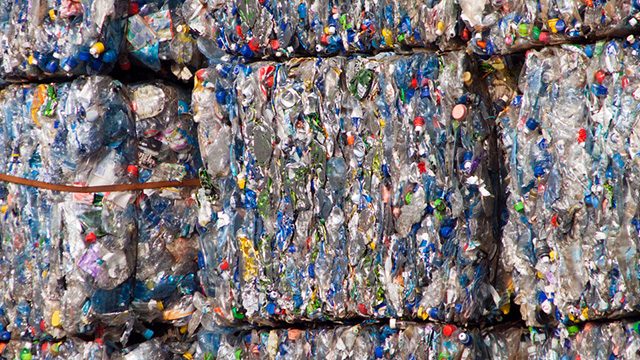SUMMARY
This is AI generated summarization, which may have errors. For context, always refer to the full article.

MANILA, Philippines – An official of the Department of Environment and Natural Resources (DENR) said that the recently discovered waste weighing over 5,100 tons from South Korea has much better chances of being shipped back than the garbage from Canada.
Environment Undersecretary Benny Antiporda explained that the consignee of the garbage, Verde Soko II Industrial Corporation, was not issued the necessary import permits by the DENR.
Meanwhile, the waste from Canada shipped back in 2013 had the necessary permits, but was misdeclared as recyclable materials.
Under DENR policy, registered importers are required to secure import clearances from the environment department at least 30 days before the actual importation.
The DENR also said that Verde Soko is not registered as an importer of recyclable materials.
“Korean and Philippine principals are coordinating with our regional people. No need to worry,” Antiporda said.
Moreover, the waste from Korea was already offloaded from cargo containers to a warehouse in Cagayan de Oro, as opposed to the waste from Canada which was found at the Manila International Container Port.
Antiporda said these details pin the blame on companies involved rather than governments.
He said that the DENR will deal with involved companies first and would resort to a government-to-government approach only if talks fail.
“Babalik ‘yan [sa Korea]. Hindi puwede ‘yan, ilalaban ko ‘yan (It will be shipped back to Korea. That waste is illegal, I will fight for that),” Antiporda said.
Initial findings showed that the shipment arrived in the country last July and contained used dextrose tubes, used diapers, batteries, bulbs, and electronic equipment.
But is the South Korea case really different?
Recall that Canadian Prime Minister Justin Trudeau also said the 103 container vans of trash came from a private business and not from their government. (READ: TIMELINE: Canada garbage shipped to the Philippines)
Trudeau only went as far as saying that it is “theoretically” possible to ship the waste back to Canada, but “legal barriers and restrictions” had to be ironed out.
It has been 5 years since the waste from Canada arrived in Manila and about half of it has already been dumped in Capas, Tarlac.
“It’s high time for the Philippines to disallow garbage imports and to demand that developed countries, as well as manufacturers of plastics and other disposable goods, take full responsibility for their products throughout their whole life cycle,” EcoWaste national coordinator Aileen Lucero said in a statement. – with reports from Aika Rey/Rappler.com
Add a comment
How does this make you feel?
There are no comments yet. Add your comment to start the conversation.